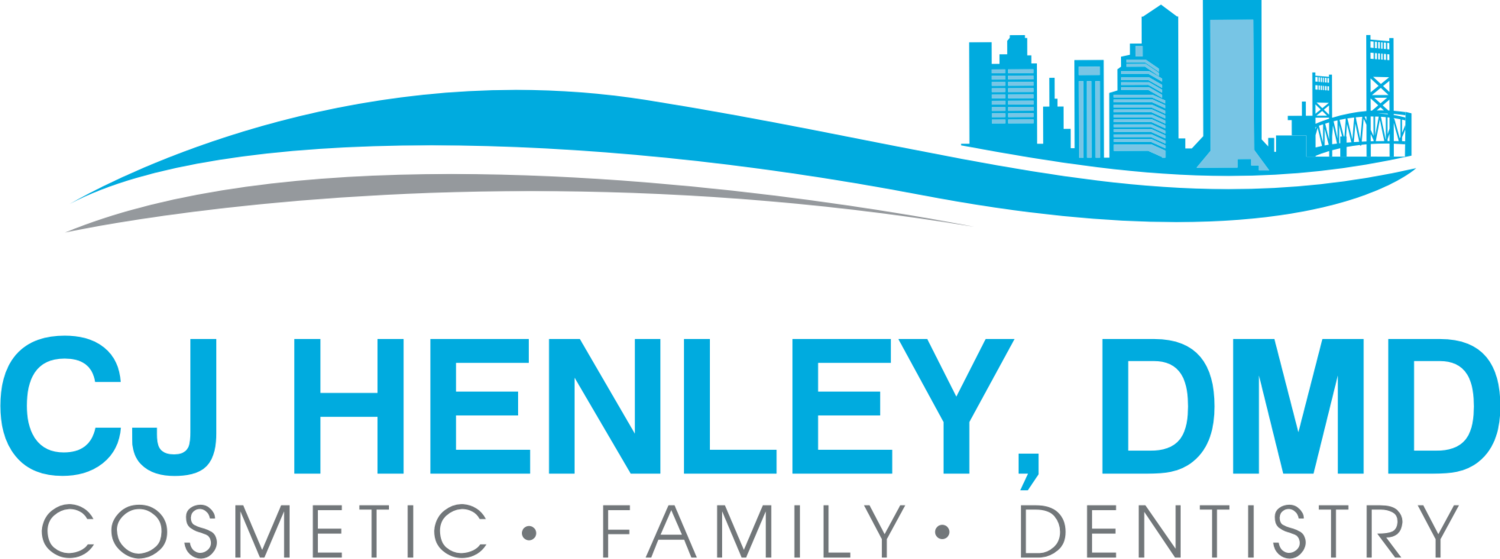In the earliest days of medical education, the primary teaching model for those who wished to pursue medicine was the mentorship model. Young men were to study medicine from a “good teacher,” one "whose precepts are sound, whose practical skill is widely approved, who is clever, dexterous, upright, and blameless; one who knows also how to use his hands, has the requisite instruments and all his senses about him, is confident with simple cases and sure of his treatment in those which are difficult; of genuine learning, unaffected, not morose but passionate, and who is likewise patient and kind to his pupils". The principalsthat originated in ancient medicine are still present in today’s dental education in the fact that today we all still take, some variation, of the Hippocratic Oath. A portion of the original oath reads: “To hold my teacher in this art equal to my own parents; to make him partner in my livelihood”.
Surveys of accomplished individuals have reported that influential mentors were second in importance only to education as a factor in their career’s success. Mentoring during the early stages of an individual’s career has been associated with a higher level of career satisfaction and a higher rate of promotion, both in medical and non-medical fields.
Mentorship, in my career, has been one of the best tools for fast forwarding my understanding of both the clinical aspects and the business of dentistry. However, finding a mentor is a challenge. It takes time and perseverance to find the right person to help guide you. The mentor-protege relationship can be difficult to cultivate because the involved parties will need to be on similar ground morally, professionally and clinically. The mentor has to have the desire to enter into the relationship, likewise the protege has to be willing and ready to learn.
Much of what we do on a daily basis is attempting to determine the best possible outcome for patients. With little or no experience, it can be difficult to determine what is best for patients. It is easy to understand the statistics, failure rates and, average lifespans of different restorative procedures, but each case is different, each patient is different, and it often takes experience to put all of the pieces of the puzzle together to ensure excellent clinical outcomes. Years of excellent clinical practice cannot be read in a text book. It has to be both experienced and passed on.
Mentorship provides guidance both clinically and morally during one’s career. I continually rely on mentors to help me in clinical decision making and treatment planning to ensure that I am treating my patients with the appropriate care. This is true in all facets of my practice from choosing materials, to proper treatment of oral pathology. Mentorship is also critical with respect to ethical behavior. The dentist-patient relationship is based on trust. We, as practitioners, are performing a treatment that our patients, usually, cannot fully understand and cannot correct without help. Our careers and our profession are reliant on dentists that practice independent ethical behavior. Good mentorship can be beneficial for dentists that work in isolation and can help dentists make decisions that are good for their careers, the profession, and their community.
Mentorship must be based on mutual respect, trust, and friendship. I have had the good fortune to have a mentor that has not only helped me to perform the best dentistry I can, but has also become a dear friend. I deeply value the insight that I gain from my mentor both professionally and personally. There is something inspiring when someone can help you become the practitioner and person you want to be by supporting you earnestly during your career.
Hopefully, many of you have had similar relationships in your careers. Indeed, there is a facet of mentoring that is similar to a parent-child relationship. It is often for these reasons, the connection is an intensely personal experience. Additionally, time is essential to positive mentoring outcomes. What will be gained can not be done so quickly. The longer the duration of the relationship the more valuable the experience.
Evidence suggests that those who are mentored early in their careers later become mentors in higher numbers. In a survey of departmental chairs and residency and fellowship program directors at an educational hospital, some 90% reported having had a mentor throughout their training; of these, 81% had become mentors at some point in their careers, suggesting that mentoring activity tends to be a self-perpetuating phenomenon.
Today, it seems that, mentorships have been on the decline. Lack of access to mentors has consistently been identified as a barrier to successful mentorships. This is a disservice to both clinicians and patients as we move forward. Medicine and dentistry have always had mentorship as a central part of their educational processes. I encourage both potential mentors and potential proteges to consider mentorship. As it is both mutually beneficial to both parties and more importantly to the patients we treat.

